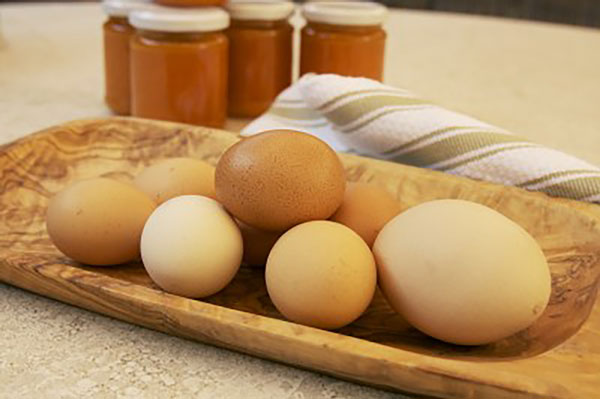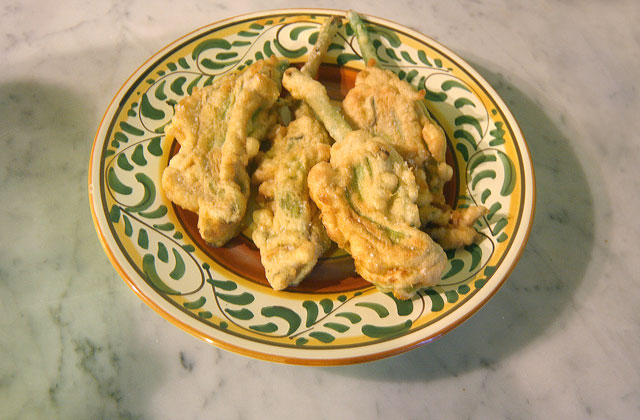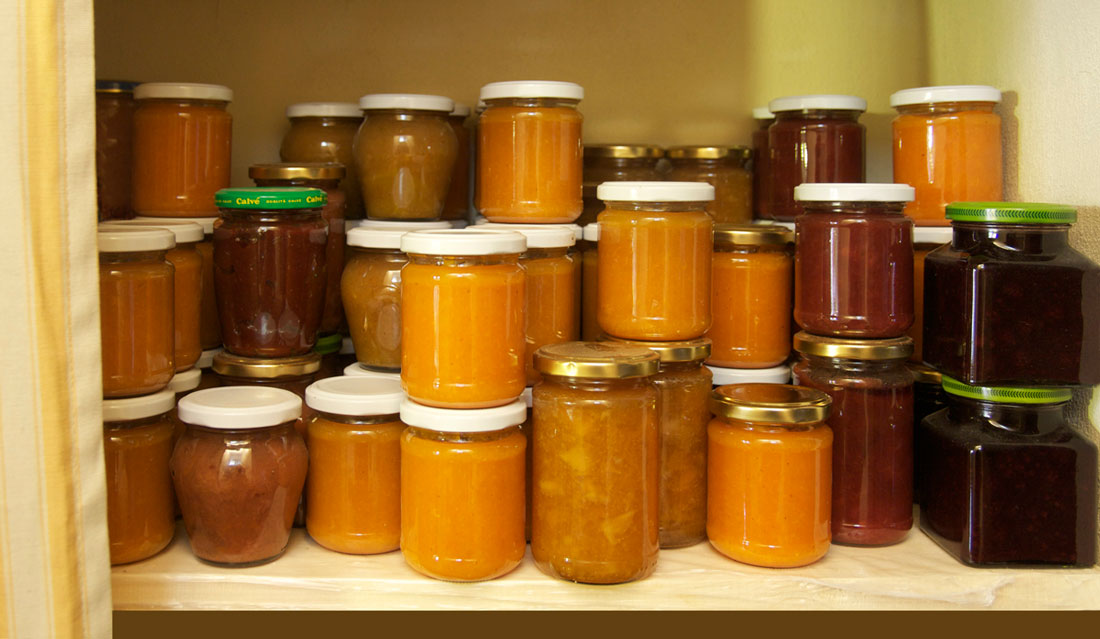Of Friends and Polpette
One of my first ‘best’ friends in Bettona is the unstoppable Loretta Bartolini. Sister of Paola, the banker without whom I’d be lost, Lorretta is an amazing cook. (I might note here how infinitely easier it is to decipher the extensive intermarriages of Bettona’s larger families when women keep their maiden names.)
We met on one of my first visits to Bettona when Kurt Wenner took me to meet the venerable Francesco Sberna, patriarch of one of the best ceramic factories in Deruta. I remember Loretta, encircled in smoke and draped in something gauzy, lounging at a ceramic table with Anna and Franca Sberna, Francesco’s daughters who had by then taken over the helm of the family empire. In her cigarette enhanced huskiness, Loretta said that she had heard of the American who had come to Bettona and was glad that she could now put a face to the name. I wasn’t sure, however, if she was positively or negatively disposed to my arrival. It wasn’t until Paola had brought me to her mother’s house for lunch one day the following year that we put the pieces together and a strong friendship was culinarily consummated.
Loretta is just about the most fearless, albeit opinionated, cooks I’ve ever met. While other cooks will allow you to have your opinion or encourage you to experiment until you’ve made the recipe your own, Loretta will have none of it.
“This is how it’s done. Basta.” Seems to be the mantra hidden not so subtly beneath the surface of any food discourse.
To Loretta has fallen the Herculean task of cooking lunch — all week long — for the Bartolini clan. This includes her mother, 2 to 5 siblings and their spouses, and varying numbers of nieces, nephews, and the occasional hangers on like me. The daily list of attendees fluctuates and she is never sure how many will arrive. It’s around 12 but, as she says, one or two or four more doesn’t matter much. Luckily there is a natural sense of eating in shifts and it all flows seamlessly.
For the adults, Giorgio and Ronald, are almost always there and always on time as they work together. Riccardo is often there and Loretta’s twin Maurizio and his wife Chiara make guest appearances. One or two of the nephews are usually there as well as any number of the nieces. Enrica, named after Loretta’s mother, is usually there being the last in a long line of grandchildren and still at the grammar school just outside the walls. Paola and her twin, Palma, are usually the last to arrive since the first works until 2 and the second teaches in Todi.
These lunches are amazing things to watch. For one thing, this daily interaction of three generations, foreign to most Americans I know, is an amazingly organic moving target of a dinning experience. It seems at its core to define what it is to be a family and what it is supposed to be. While there can be disagreements which lead to heated discussions, the linguistic subtitles of which are lost on me, everything is taken in stride and washed down with some Bettona table wine or sparkling water or a mixture of both. Whatever might happen, it is resolved by the time dessert is offered.
Although Loretta prepares some things the night before, most of the food is cooked between the time she arrives home from school at 12:30 and when lunch begins. The family patiently waits —talking animatedly or engrossed in an Italian game show, which doesn’t preclude them at all from talking—all intertwined on the sofas in front of he television. Loretta, for her part, sautès, boils, bakes, and deep fries five or six different dishes in one of the smallest kitchens I’ve ever seen. It’s so tight that its actually difficult to help her, which is pretty much the way she likes it. Her kitchen, her domain.
In contrast to Loretta’s scurrying about in the kitchen, there is the calmness of Enrica, the elder. Now at 88, she spends much of her day keeping up the enclosed garden behind the house (orto). Shuffling in with her bright plastic colander laden to over flowing, she gladly offers me something just plucked. (And her generosity knows no bounds.) She nurtures, and cajoles from the earth vegetables, fruit, grapes, olives, nuts, and flowers as well as eggs from chickens and tending rabbits for stews.
This is all as it should be and has been for as long as she can remember. She is serene in the face of the family swirling around her. In addition to the garden produce and still warm eggs, I tune in for the family stories and tales of the locals from her perspective. She is a Bettona treasure and the picture of the benevolent but stubborn Italian woman.
Sharing food is all important to Italians and the Bartolini long standing lunch is an example of how essential a part of the Italian way of life. Bring food along to lunch is my way of contributing but also being part of the family. I can call Loretta up and say I’ll bring an entree tomorrow for lunch which will allow her to ease up on one course. Enrica is always pleased with whatever I bring —the picture of graciousness — while Loretta has been known to have strong opinions.
The first time Loretta tasted my father’s sauce she curled her face up in such a way that it could only translate to fa schifo. She asked if I’d cooked it for one or two days and then launched into how wrong Italian Americans have gotten it. (Luckily she teaches English at the high school in Perugia because she wouldn’t want me to misinterpret one bit of her scathing review.) From what’s wrong with my sauce she moved quickly to fighting words about my family’s meatballs.
This initial battle of the polpette, which she witheringly translates as balls of meat, has led to many other such culinary diatribes. Guests, who have witnessed our going at it, have roared with laughter suggesting that we’d make a great reality show. Loretta, is ironically not immune to bringing her own innovations to traditional recipes. (Tiramisu made with ‘Hopla’ the non dairy vegetarian cream substitute is something I have learned to steer clear of.) She mixes mashed potatoes into her meat to create a lighter and less dense polpette and then cooks them in a pan with or without a red sauce. They are good but a very different thing. I still prefer mine with it’s mixture of beef, pork, and veal carne maccinata cooked in the red sauce for a good long while.
Since Loretta’s family is always at the ready to put one over (in the nicest sense) on a sibling, I did enlist their help in getting Loretta back one day.
To relieve her of the responsibility of the main course for lunch the following day, I offered to make a red sauce and meatballs. Before she got there I had told everyone that they needed to comment on how good the meatballs were. They immediately knew what was afoot and played their parts extraordinarily well. Not that the meatballs weren’t excellent and they needed to lie, but everyone said how much they liked them. Some complimented Loretta who glaring in my direction had to tell them that I had made them. Enrica, the only one not in on the scheme, joined right it with how good a cook I was. Loretta had reached her limit and told everyone where they could stick it to gales of laughter all around. She figured it out and said some things in my direction that, though the meaning was clear, I could not translate the exact words.



